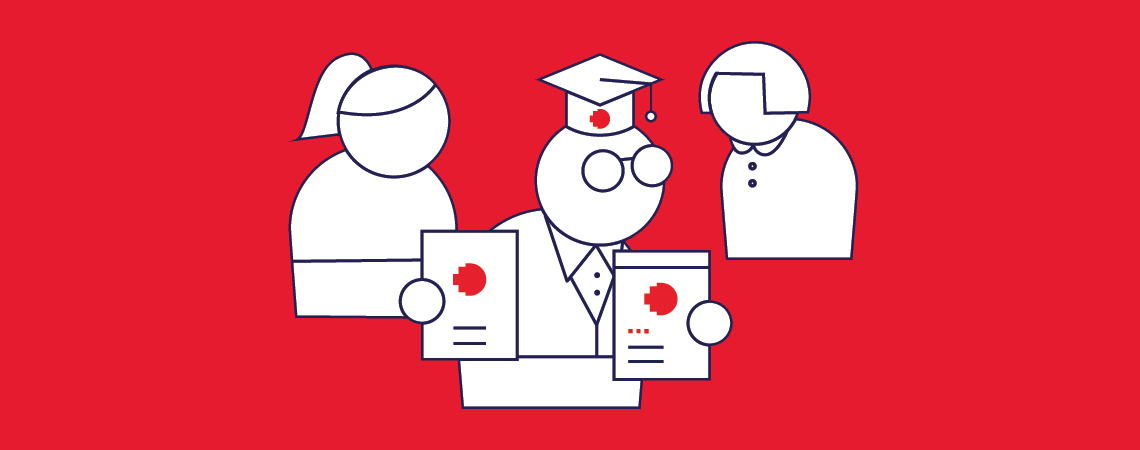Blockchain Enabled Business
Blockchain is the Internet of Value, with growing demand for experts. This interdisciplinary minor equips you to evaluate and develop Blockchain applications, accelerating your career in related industries.
Construction Cost and Contract Management
Construction Cost and Contract Management involves the processes and practices used to manage the financial and contractual aspects of construction projects.
Construction Innovation and Digital Technology
Construction innovation and digital technologies integrate new ideas and advancements to improve project efficiency, safety, and sustainability, transforming traditional practices.
Entrepreneurship
This minor helps you develop tech-based solutions for digital start-ups, like platform and app ventures. It expands your learning in cross-cultural study, finance, negotiation, and leadership to foster innovative entrepreneurship.
Finance
You will learn practical financial knowledge, strong analytical and problem-solving skills, and an understanding of the evolving finance industry. You'll gain experience with leading financial databases, simulated trading, and portfolio construction/ investment in the Financial Trading Lab.
Finance Planning
Financial planning involves setting goals and strategies by assessing current finances, identifying future needs, and creating a roadmap through budgeting, investing, and risk management.
Future Project Skills
Future project skills are the competencies crucial for project managers and teams as industries evolve with technology, work environment changes, and shifting business priorities.
Managing Construction Business
Managing a construction business involves overseeing various aspects of the organisation to ensure successful project delivery, profitability, and sustainable growth.
Marketing
Marketing involves promoting, selling, and distributing products or services to target audiences. It includes understanding customer needs, creating value, and building strong consumer relationships.
Project Management Practice
Project management practice is the systematic use of knowledge, skills, tools, and techniques to meet project requirements and achieve goals, involving planning, execution, monitoring, and closing.
Urban Strategy and Sustainable Planning
Urban strategy and sustainable planning focuses on creating liveable, efficient, and eco-friendly cities by balancing economic development, social equity, and environmental sustainability.



